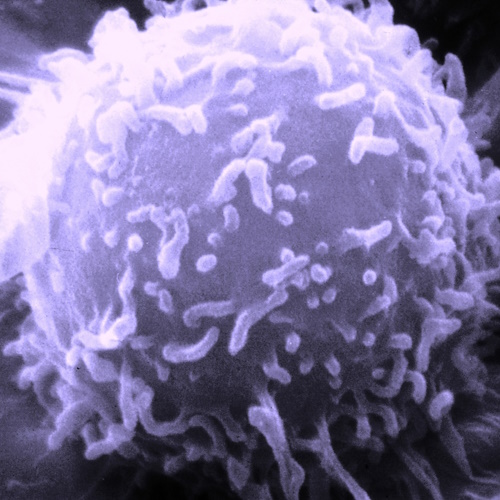Key points from article :
Researchers from the University of Sheffield investigated the age-related decline in immune function, with a focus on macrophages (white blood cells important for fighting infection).
They identified two molecules within macrophages, MYC and USF1, which appear to act like faulty "dimmers" as we age, hindering the cells' essential functions.
Macrophages from older adults showed less ability to engulf foreign particles (phagocytosis) and reduced capacity to move towards threats (chemotaxis).
By artificially reducing MYC and USF1 activity in young macrophages, researchers were able to replicate the decline seen in cells from older individuals, suggesting a strong link.
The study suggests that changes in MYC and USF1 could disrupt crucial genes controlling the internal structure of macrophages, affecting their performance.
This groundbreaking research offers hope for developing new therapies to boost macrophage function in older adults, potentially strengthening the immune system and combating age-related diseases.
The study is published in the journal Cell Reports.




